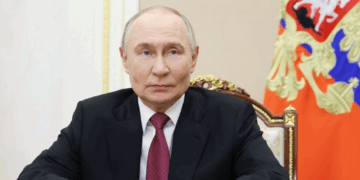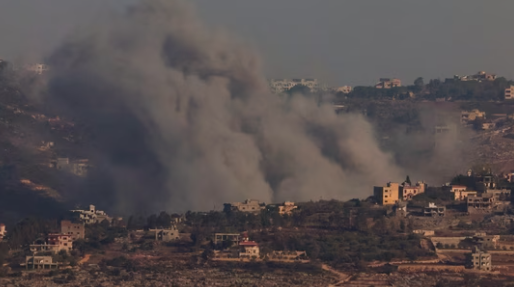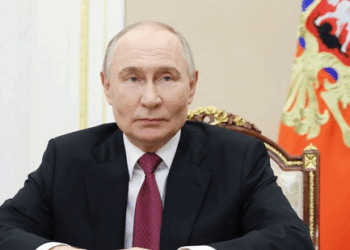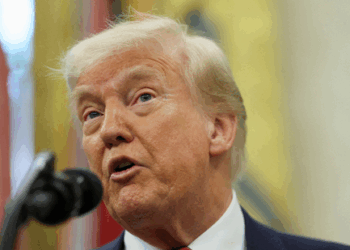Following Israel’s recent military strikes against Iranian targets, regional reactions have been both swift and varied. Key players, including Pakistan and Saudi Arabia, have issued statements reflecting a range of diplomatic stances, emphasizing calls for restraint and stability in the Middle East.
Saudi Arabia, often cautious regarding direct condemnation in complex geopolitical matters, expressed concern over escalating tensions, urging all involved parties to seek peaceful resolutions to avoid further destabilization. The Kingdom’s response aligns with its broader regional strategy, aiming to prevent a crisis that could disrupt economic activities and stability in the Gulf.
Pakistan, a predominantly Muslim country with strong diplomatic ties across the region, has also reacted carefully, calling for restraint and urging all involved nations to prioritize peace and diplomacy. Pakistan’s position reflects its concerns about the potential spillover effects of such conflicts, particularly regarding its own security and economic interests, as well as its long-standing position on promoting peaceful solutions in the Middle East.
Other Middle Eastern nations, including the United Arab Emirates and Egypt, have similarly voiced apprehension over escalating conflicts, as many of these countries maintain diplomatic or economic ties with both Iran and Israel. Such incidents risk impacting their delicate balance of relations and increasing tensions across the Gulf region.
International organizations like the United Nations have echoed these concerns, with a renewed call for diplomatic engagement to prevent the conflict from expanding. The global community watches closely, as Israel’s actions against Iran present implications for regional security and stability.








 India
India











